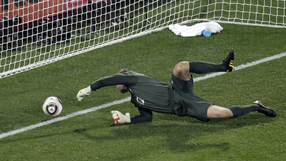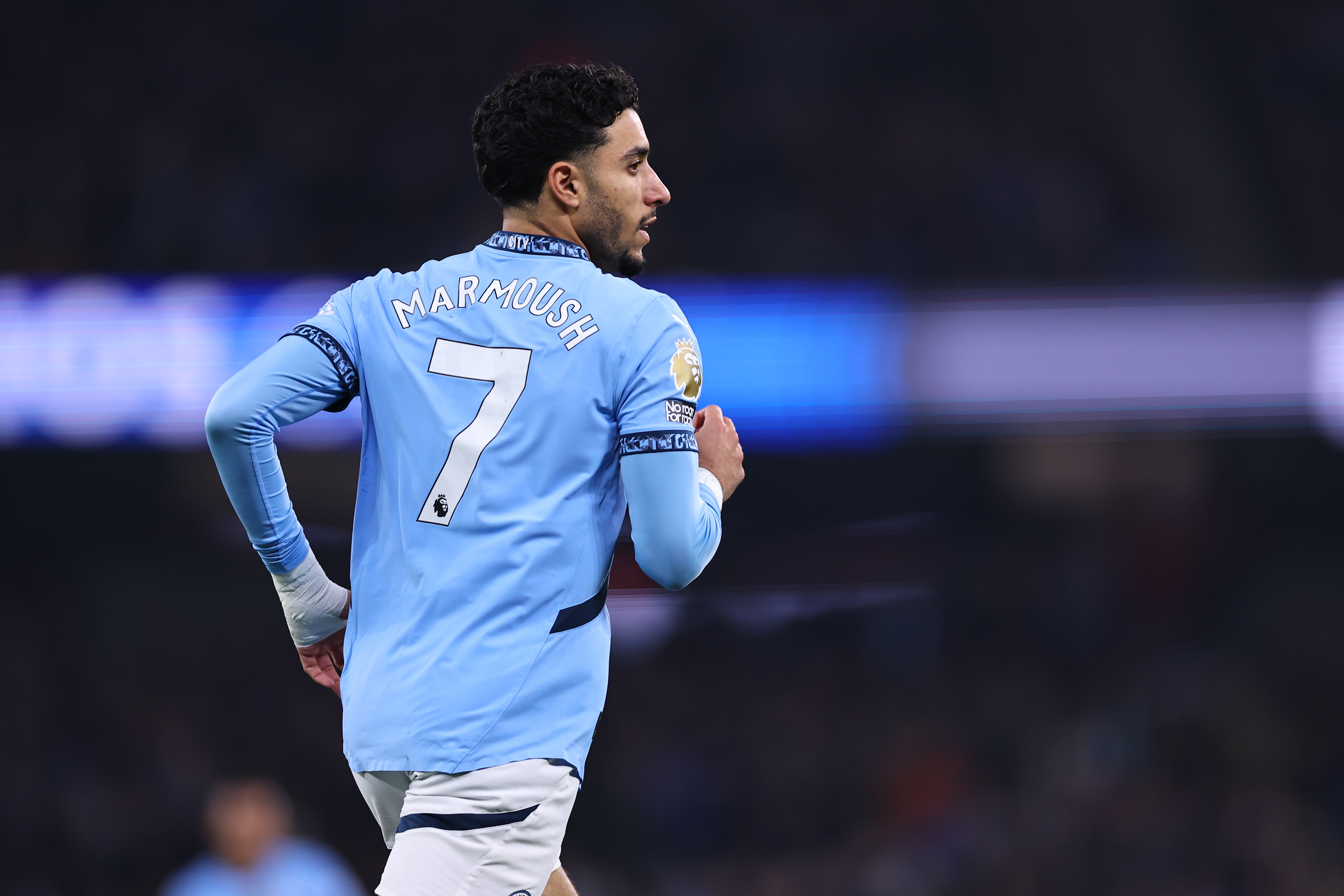
A blunder by Green gifted Clint Dempsey a 41st minute equaliser for the Americans in their opening Group C clash at the Royal Bafokeng Stadium on Saturday after captain Steven Gerrard had put England ahead in the opening five minutes.
Green, pilloried afterwards by the English media, allowed a routine straight shot from 25 metres to slip from his grasp and roll over the line.
"It was a bad moment for Rob Green, a freak goal, and he owned up to his mistake in the dressing room," said Gerrard.
"That goes to show what kind of man he is - and he made a fantastic save in the second half, which shows he has the character to bounce back. He'll be very important for us."
He denied the result had put the team under extra pressure.
"We played some nice stuff after scoring our goal, but there is room for improvement. It was important not to lose - in the first game there's always a lot of nerves," he added.
Green's catastrophe was a schoolboy error, but it was not the only reason England failed to win and in heaping blame on the goalkeeper, most critics papered over gaping cracks in a pedestrian performance.
The best features, fun and footballing quizzes, straight to your inbox every week.
LIMITED AND INFLEXIBLE
As in many recent World Cup tournaments, England were exposed as a team of limited technical abilities, inflexible tactics and little imagination - and manager Fabio Capello's risky policy of late and, arguably, controversial team selection did them no favours.
At times, England looked as uncomfortable on the field, in possession and without, as they had in the tight-fitting three-piece suits they all wore for the short grim-faced bus journey from their hotel to the stadium.
His rigid adherence to a 4-4-2 system with two wingers and a pair of strikers left central midfielders Gerrard and Frank Lampard exposed in vast areas of space, often outmanoeuvred when the Americans had the ball.
Both U.S. wide players, Dempsey and Landon Donovan, drifted infield to support Ricardo Clark and Michael Bradley, weaving good moves and retaining possession, during spells when a stretched England looked like a punch-drunk boxer on the ropes.
The lack of pace in defence was one of the most evident problems, particularly after Ledley King, already suffering chronic knee problems, picked up a groin injury and was replaced by Jamie Carragher. King will miss Friday's game against Algeria in Cape Town.
With the defence playing so deep to avoid being embarrassed by pace, England made it easy for the Americans' to condense and control midfield, leaving strikers Emile Heskey and Wayne Rooney frustrated and both wingers reduced to fleeting moments of threatening possession.
Rooney has now failed to score in any of England's last seven games.
To seasoned observers of England at World Cups, however, there are consoling memories of the 1966, 1986 and 1990 campaigns when, often inspired by player-power to change tactics, they respectively won the trophy and reached the quarter and semi-finals.
Coach Alf Ramsey's
 Join The Club
Join The Club





